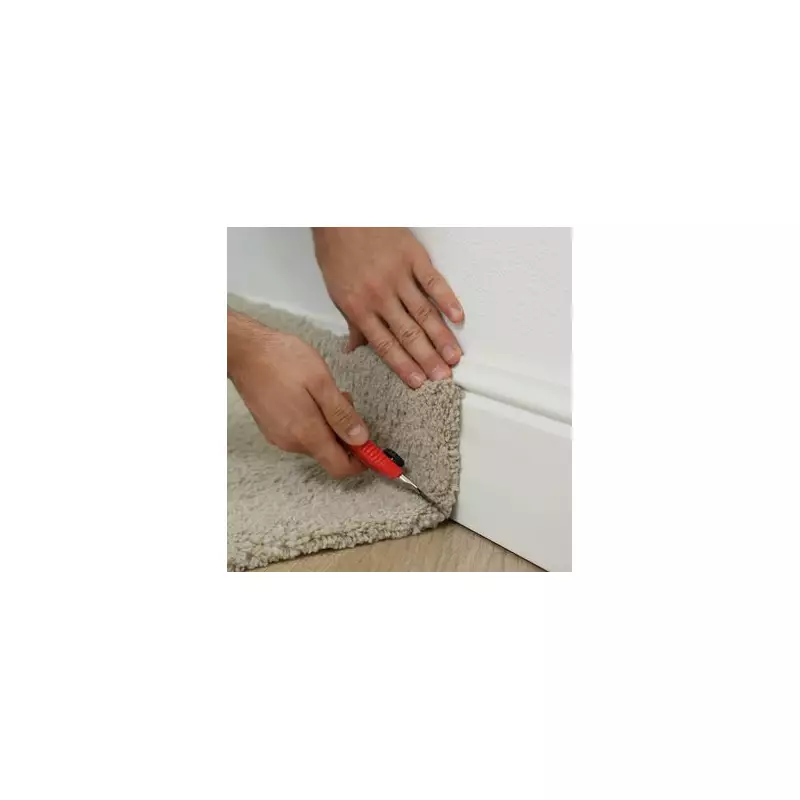
Gardeners across the UK are discovering a remarkably simple and virtually free secret to achieving lush, vibrant plants and bountiful harvests. The answer isn't a costly chemical fertiliser or a fancy piece of equipment—it's a humble piece of kitchen waste: the banana peel.
This overlooked scrap is packed with essential nutrients like potassium, phosphorus, and calcium, which are vital for strong plant cell walls, robust root development, and dazzling flower and fruit production. Simply burying a piece of peel near your prized roses or hungry tomato plants can provide a slow-release nutrient boost that outperforms many shop-bought alternatives.
How To Use Banana Peels In Your Garden
The method could not be easier. Experts recommend cutting the peel into small pieces or thin strips to help it break down faster in the soil. Here’s how to do it:
- For established plants: Bury the pieces a few inches deep around the base of your plants, being careful not to disturb the roots.
- When planting new seedlings: Place a whole peel at the bottom of the planting hole before placing your plant on top. As it decomposes, it will feed the roots directly.
A Surprising Pest Deterrent
Beyond its fertilising power, the banana peel has a hidden talent as a natural pest control agent. The sharp, abrasive edges of a dried peel are deeply unpleasant for soft-bodied pests like slugs and aphids. Creating a protective barrier or mulch with dried peel pieces around vulnerable plants can effectively deter these common garden invaders without resorting to harmful pesticides.
More Ways To harness The Power
For those looking to maximise the benefits, creating a 'banana tea' is another popular method. Soak peels in a jar of water for several days, then use the nutrient-rich liquid to water your plants. You can also add chopped peels directly to your compost bin to supercharge the entire heap with valuable minerals.
This ingenious hack is a win-win for British gardeners: it reduces kitchen waste, saves money on garden centre products, and provides plants with a completely organic, powerful nutrient source. It’s a small change with a massive impact on your garden's health.





